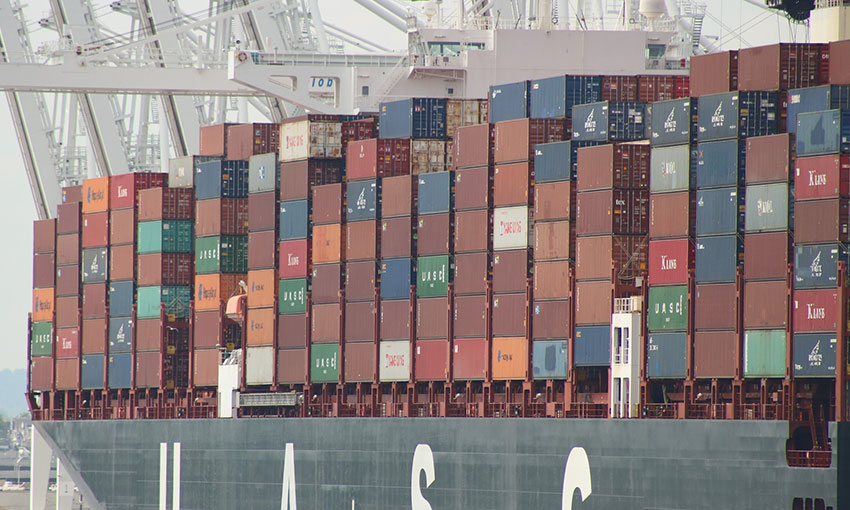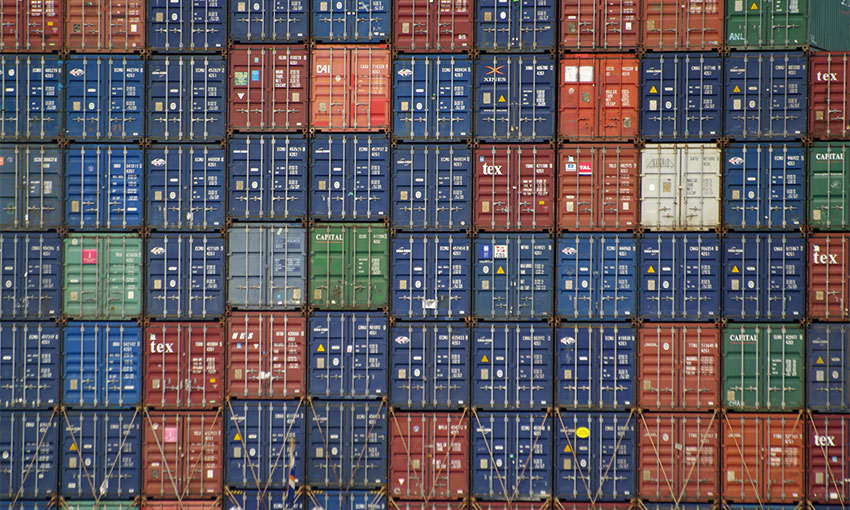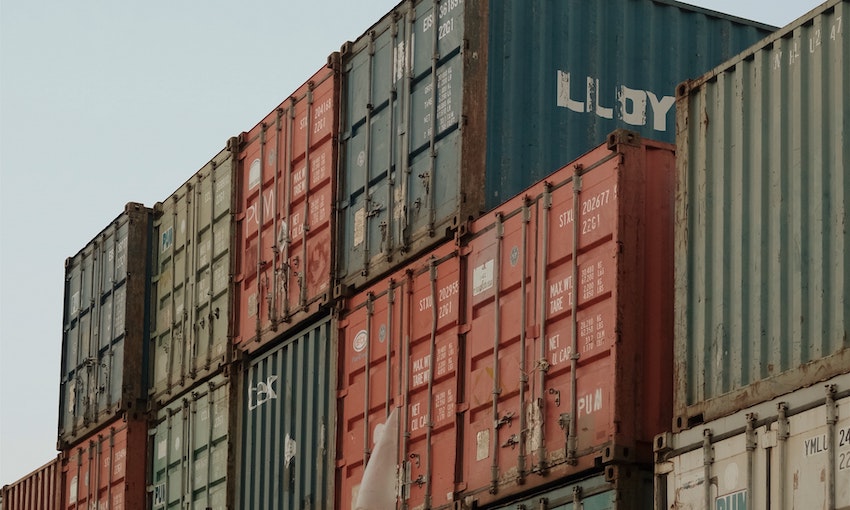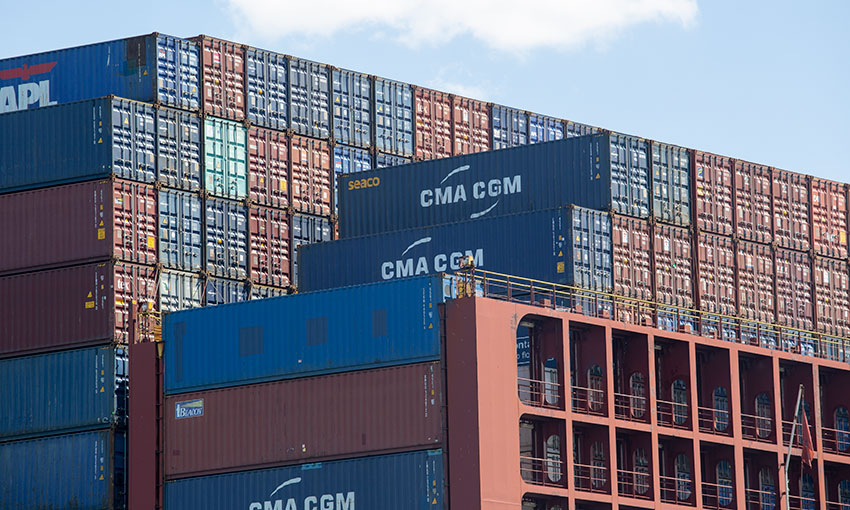CONGESTION and vessel delays are still having a significant impact on global liner capacity, with those issues causing an 11.6% decrease in global capacity in February, according to analyst Sea-Intelligence.
In January missing vessel capacity saw a record high at 13.7%, according to the analyst.
Sea-Intelligence CEO Alan Murphy said while the February number saw a decrease, average delays have become very long, and won’t be captured until the next month’s data is released.
“This means that schedule reliability for February will likely be worse than what is being reported now, as all retroactive updates are for delayed vessels,” he said.
“Using the monthly adjustments of the past year, the February 2022 capacity absorption will likely be 11.7%-11.8%.”
Mr Murphy said the terminal congestion index saw a gradual improvement over the past two months in North America, but the index is still at an elevated level.
“We see the same trend for the intermodal congestion. In Europe, there has been no improvement in the past three months in the terminal congestion, and there is no sign of imminent improvement,” he said.
“That said, on the intermodal side, we do not see as high a level of congestion as in North America, suggesting that the problems in Europe are more heavily focused specifically on terminals.”




